Health And Medicine
-

Most can lower blood pressure by reducing salt, even those on BP drugs: study
New research shows nearly everyone can lower their blood pressure, even people currently on blood pressure- reducing drugs, by lowering their sodium intake. Read MoreNov 13, 2023
-

Pancreas “crosstalk” may influence course of Type 1 and Type 2 diabetes
In the largest study of its kind, researchers at Vanderbilt have identified unexpected alterations in the exocrine tissues of the pancreas that occur in the two major forms of diabetes, and with aging and obesity. Read MoreNov 1, 2023
-

Crowe, Osheroff honored by AAMC
Vanderbilt's James E. Crowe, Jr, MD, and Neil Osheroff, PhD, are among 12 individuals honored by the Association of American Medical Colleges during its 2023 Awards Recognition Event. Read MoreOct 30, 2023
-

Study discovers role for gut bacteria in host-pathogen competition for nutrients
Vanderbilt research shows that commensal gut microbes impact the host-pathogen competition for iron and have implications for therapeutic strategies aimed at preventing pathogens from acquiring essential nutrients. Read MoreOct 27, 2023
-

Vanderbilt-led team receives 2023 Endeavor Award from The Mark Foundation for Cancer Research
A multidisciplinary team of investigators has received a 2023 Endeavor Award from The Mark Foundation for Cancer Research to support four closely linked projects exploring the fundamental mechanisms that drive the obesity-cancer connection, Read MoreOct 24, 2023
-

VUMC scientists record powerful signal in the brain’s white matter
Vanderbilt researchers report that when people who are having their brains scanned by fMRI perform a task, like wiggling their fingers, certain signals increase in white matter throughout the brain, which has long been thought to play a lesser role the more the brain's more energetic gray matter. Read MoreOct 16, 2023
-

Research fellowship for genetic counselors established at Vanderbilt
The grant will prepare genetic counselors to contribute more fully to the advancement of personalized medicine. Nancy Cox, Ph.D., who directs the Vanderbilt Genetics Institute and the Division of Genetic Medicine, and Martha Dudek, M.S. CGC, director of the Vanderbilt Master of Genetic Counseling program, will serve as co-principal investigators. Read MoreOct 3, 2023
-
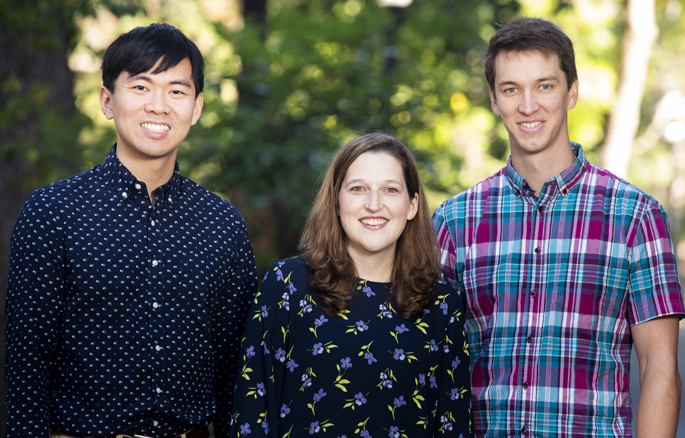
Researchers discover molecular signature for aggressive thyroid cancer
A Vanderbilt study found that a molecular signature that predicts aggressive thyroid cancer could help guide treatment approaches for patients. Read MoreSep 25, 2023
-
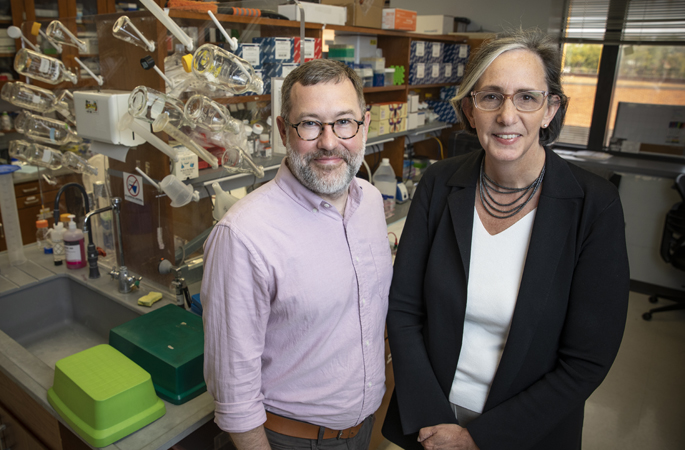
VUMC study reveals critical first steps to cancer
A new study by Vanderbilt researchers provides a remarkably detailed view of the earliest events leading to the development of cancer, and of potential new ways to prevent it. Read MoreSep 20, 2023
-
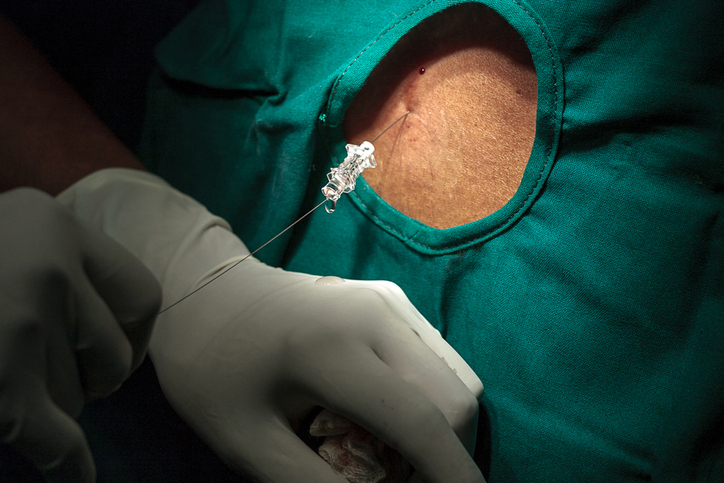
Low-flow cerebrospinal fluid in Huntington’s disease: study
Vanderbilt researchers found reduced net flow of cerebrospinal fluid in Huntington’s disease, which could contribute to mutant protein retention and altered responsiveness to medications delivered via the spinal cord. Read MoreSep 7, 2023
-
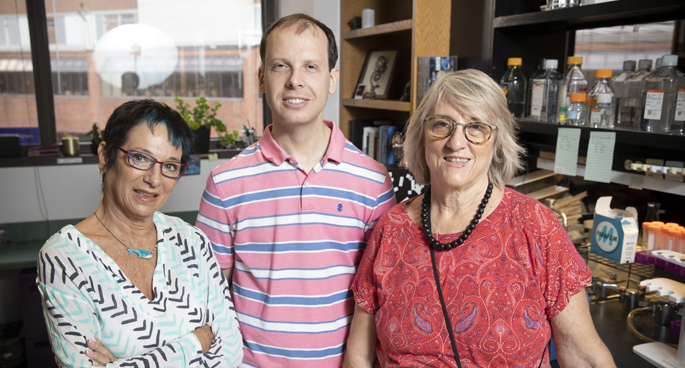
Releasing a brake that drives obesity and diabetes
Vanderbilt researchers have uncovered a potential new way to help curb the rapidly rising worldwide prevalence of metabolic disorders, including obesity and diabetes. Read MoreSep 6, 2023
-
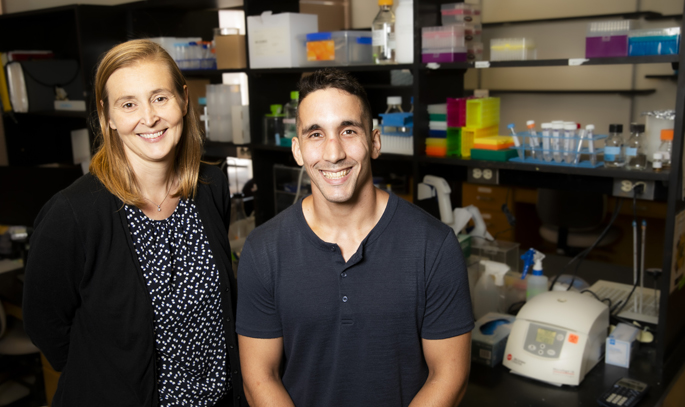
MicroRNAs in immune cells help protect against metabolic defects in obesity: study
Vanderbilt researchers have demonstrated that a cluster of microRNAs — small pieces of RNA that regulate gene expression — work in a type of immune cells called macrophages to help protect against metabolic defects in obesity. Read MoreSep 5, 2023
-

Study reveals genomic code for sepsis in the lungs and kidneys
Researchers at Vanderbilt University Medical Center and the Nashville Veterans Affairs Medical Center have “cracked” the genomic code for sepsis in the lungs and kidneys. Read MoreAug 21, 2023
-
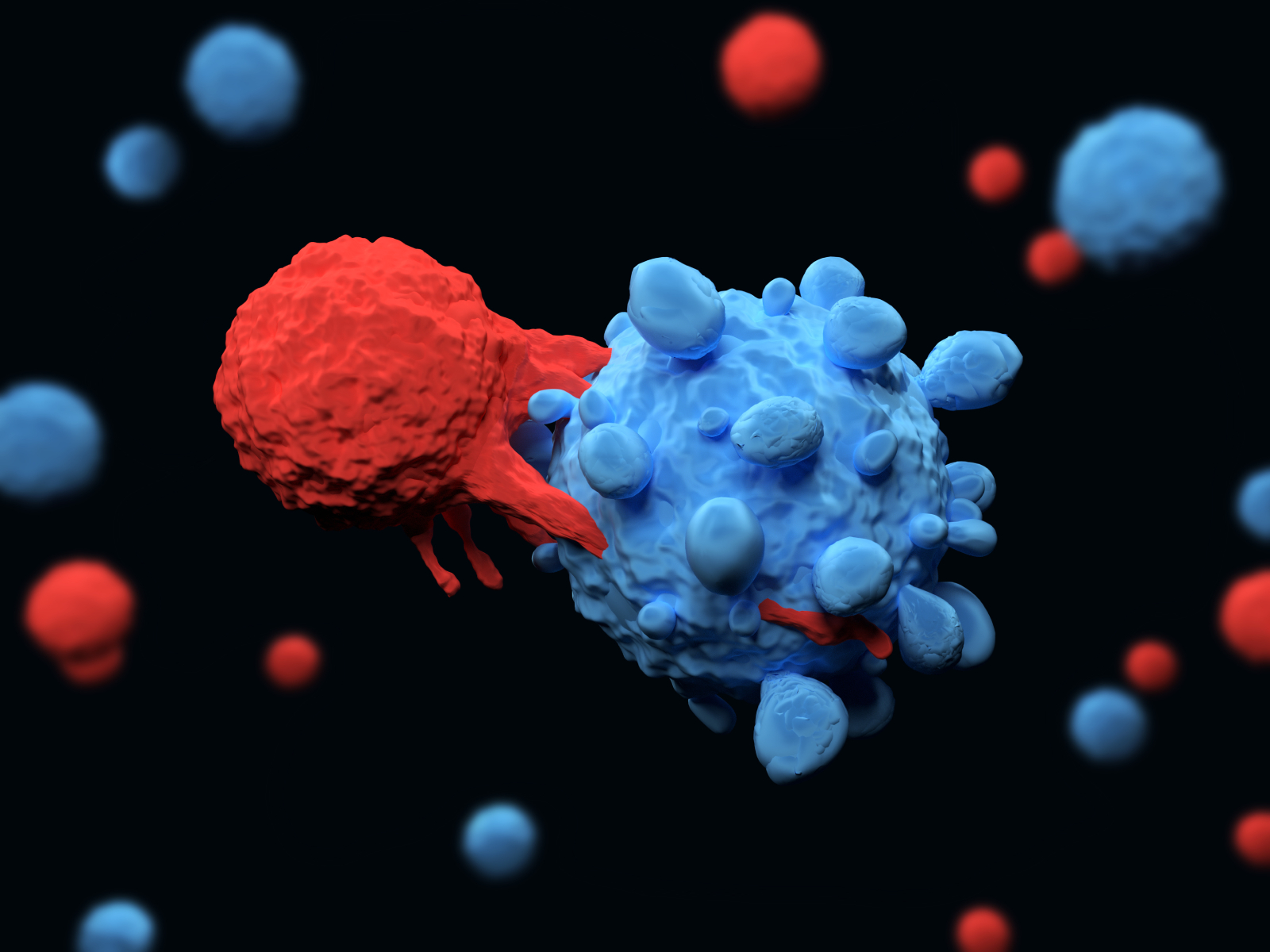
Study finds hallmarks of T cell exhaustion within hours of tumor exposure
Vanderbilt researchers found that that T cells become “exhausted” within hours of encountering a tumor, challenging existing ideas about how T cells become dysfunctional. Read MoreAug 3, 2023
-
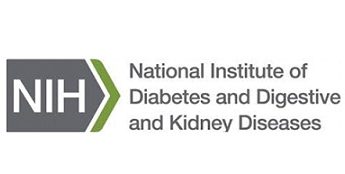
VUMC receives $28 million to lead national study of COVID-diabetes link
Researchers at Vanderbilt University Medical Center have received a four-year, $28 million grant from the National Institute of Diabetes and Digestive and Kidney Diseases to study the relationship between COVID-19 and diabetes. Read MoreAug 2, 2023
-

Nancy Cox receives American Society of Human Genetics Leadership Award
Nancy Cox, PhD, director of the Vanderbilt Genetics Institute, is the recipient of the 2023 ASHG Leadership Award from the American Society of Human Genetics. Read MoreJul 26, 2023
-

Predicting gene expression may speed discovery: study
Researchers at Vanderbilt University Medical Center and the University of Cambridge have developed a method of or predicting gene expression in hard-to-access tissues like the brain from more accessible tissues, including whole blood. Read MoreJul 20, 2023
-

Holowatyj receives National Cancer Institute MERIT Award
Vanderbilt's Andreana Holowatyj, PhD, MSCI, has received the National Cancer Institute’s Method to Extend Research in Time Award to support her ongoing investigation into how early-onset colorectal cancer and its treatments impact reproductive health. Read MoreJul 19, 2023
-

Alzheimer’s genetic risk tracked across sex, race
A Vanderbilt study of genetic risks for cognitive impairment later in life uses data from 32,426 research participants ages 60 and older to elaborate these risks across sex and across the intersection of sex and race. Read MoreJul 17, 2023
-
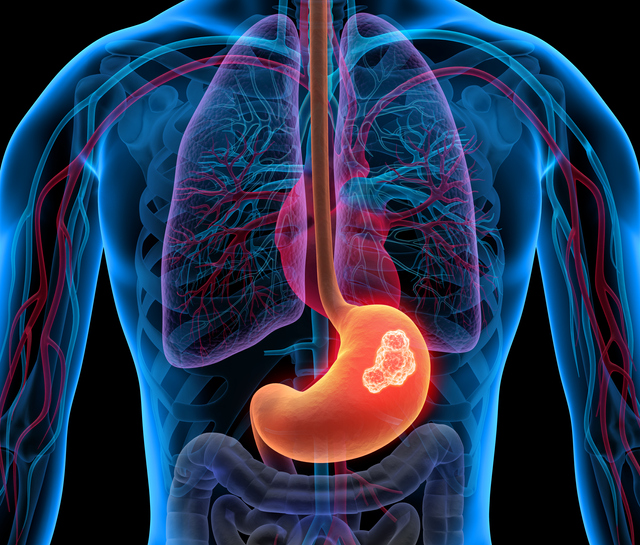
Study reveals new clue to gastric cancer
Researchers at Vanderbilt University Medical Center have uncovered evidence of fibroblast cells' direct involvement in the development of gastric cancer. Read MoreJul 7, 2023